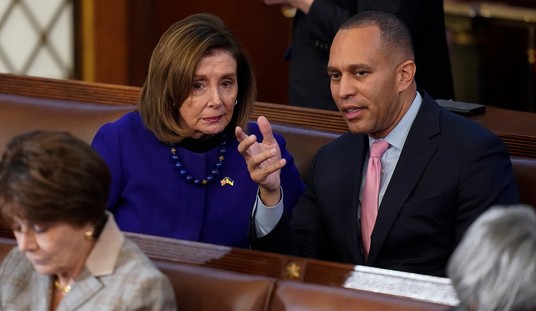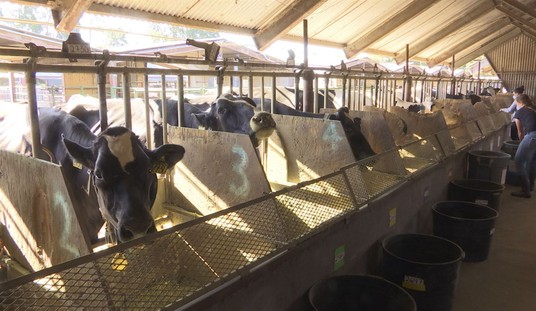According to U.S. News & World Report:
[B]rokers say they do hear from clients who are eligible for subsidies – which are based on household income and not assets – but want no part of them. Health officials have been boasting that 6.6 million people have enrolled in health coverage through state or federal marketplaces created under the Affordable Care Act, but in sharp contrast stands a small group of Americans who say they want nothing to do with the plans, even if they would save money. Their reasons vary: Some are protesting Obamacare, while others simply feel it’s unethical to accept taxpayer dollars to pay for health insurance…
For [Kansas City resident Grace] Brewer, buying a plan on her own would mean she would not have enough to pay for housing, she says, so she chose not to be insured this year and will have to pay a penalty in her 2016 tax filing that is likely to be 2 percent of her income. She has no dependents, is healthy, does not use prescriptions and says she has been careful about her health choices, not overusing medical care.
“I am frustrated. I am angry. And I say ‘no’ to the exchanges,” she says.
Some people are turning down the subsidies because they don’t need them:
Complicating the ethical question is that some people who qualify for subsidies based on their income could afford to pay their own way. “There is no question that we are enrolling people through these programs who would otherwise be considered middle-class or even affluent,” says Ed Haislmaier, a senior research fellow for health policy studies at the right-leaning Heritage Foundation think tank. “We are seeing people with enrollment in these programs that have significant assets, but for whatever reason – usually a temporary reason – fall below the income line.”
Those reasons could range from early retirement to a midcareer job change. But whatever the case, some of those who are turning down subsidies are aware others are gaming the system, and they think it’s wrong.
“I won’t be a part of it,” Brewer says. “I don’t think it’s right. I don’t think it’s ethical, but the system has gotten so complicated that people can take advantage of those things.”…
The fact that the subsidies are causing controversy among the very people they’re intended to help is “evidence that the government doesn’t do charity very well,” says Michael Cannon, director of health policy studies at the libertarian Cato Institute think tank.
“Prior to Obamacare, the federal government was subsidizing all sorts of people who did not need health insurance subsidies,” he adds, referring to services like the Children’s Health Insurance Program, Medicaid and Medicare, the government’s health program for seniors. “With Obamacare, we are subsidizing even more people who don’t need assistance.”
Recommended
Something to keep in mind when contemplating the impact of King v. Burwell.

























Join the conversation as a VIP Member